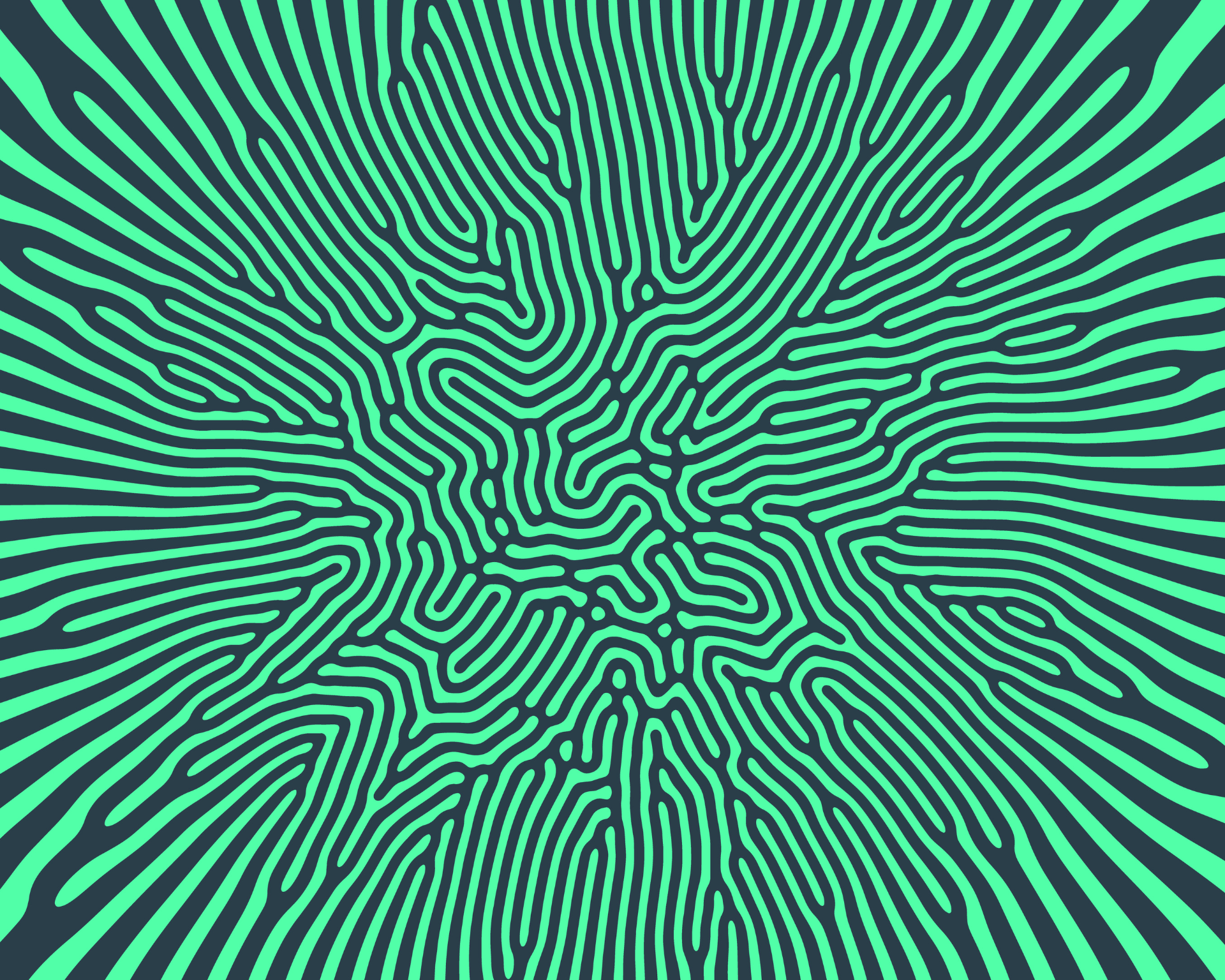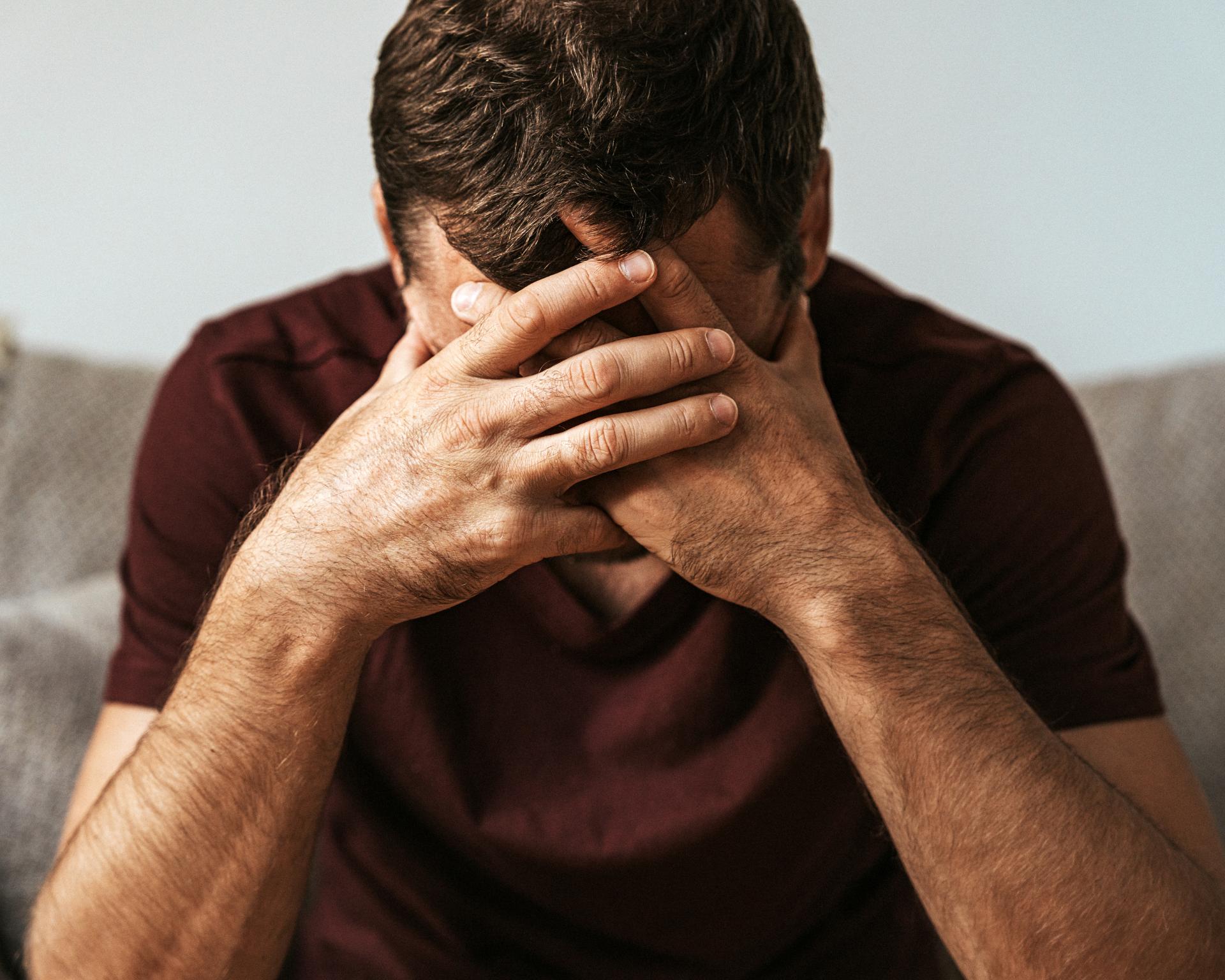Negative Impacts of Psychedelic Drugs
While there is buzz about the potential benefits of using psychedelic drugs for mental health treatment, research shows that the risks may outweigh the rewards.

Read Time: 3 minutes
Published:
In the United States, psychedelic drugs conjure the image of 1960s counterculture quests for freedom and enlightenment. In the last decade, drugs like LSD, psilocybin (magic mushrooms), and mescaline have been popularized for their potential therapeutic benefits.
Psychedelics have seen a significant resurgence in the medical treatment and intervention field. This resurgence is fueled by popular demand and social media buzz about the benefits of psychedelics, including better mental health. This, in turn, has created the tempting but misleading idea that psychedelics are a low-risk alternative to traditional treatments. While research suggests some positive psychological responses to psychedelics (most often when taken in supervised settings with counseling), few research studies look at the potential negative effects.
A study led by Alessia Marrocu and colleagues aimed to address the potential oversight of rare but serious negative effects of psychedelics. They monitored a group of 807 individuals using psychedelics naturally, tracking their experiences over time to document any negative symptom reports. They compared individuals with previously diagnosed mental illnesses to those without such histories to see if having a mental illness increased the likelihood of a negative reaction to psychedelic use.
The researchers identified individuals who experienced a significant decline in their well-being within four weeks after using psychedelics on their own. A “negative reaction” was defined as a significant drop in overall mental health, measured by a standard scale.
Sixteen percent of participants reported significant declines in their mental health. Among this group, those with diagnosed personality disorders had the highest proportion of negative responses to psychedelics. These findings suggest that psychedelic use carries short-term risks for many individuals with mental illnesses. The researchers argue that previous studies may have underestimated these negative effects.
Individuals considering psychedelics to treat mental health symptoms should tread carefully with full awareness of the serious risks.
While Marrocu and colleagues focused on short-term risks, Rebecka Bremler and colleagues investigated the longer-term negative psychological responses to psychedelic drugs. Their study began with an initial questionnaire followed by a detailed interview to collect both qualitative and quantitative data from individuals recruited via social media. The researchers specifically targeted those who had experienced negative psychological effects lasting more than 72 hours after using psychedelics. From the initial group, they completed in-depth interviews with 32 participants to gain a deeper understanding of their experiences.
Most respondents reported experiencing anxiety and panic after drug use. Some reported feelings of disconnection and flashbacks. The researchers identified four risk factors contributing to the negative experiences. Mental health diagnosis, any drug misuse prior to an adverse experience, polysubstance use, and potential lack of drug purity increased the susceptibility of having a longer-term negative experience, such as extreme anxiety, after taking a psychedelic drug.
Participants also reported that being in unsafe, unsupportive, and stressful environments exacerbated these negative effects, intensifying unwanted experiences and prolonging their duration. A lack of social support during and after these negative events prolonged the impact of these experiences.
Bremler and colleagues’ study was very small. Therefore, the researchers make no claims about the wider applicability of their findings. Additionally, they caution that this research does not speak to how frequently these negative experiences occur. Studying prolonged adverse experiences to psychedelics can be challenging because many people do not report to a clinician during these episodes.
Both research teams advocate for additional research on the mental health effects of psychedelics, emphasizing the importance of comprehensive examination that encompasses both their benefits and risks. Individuals considering psychedelics to treat mental health symptoms should tread carefully with full awareness of the serious risks.



